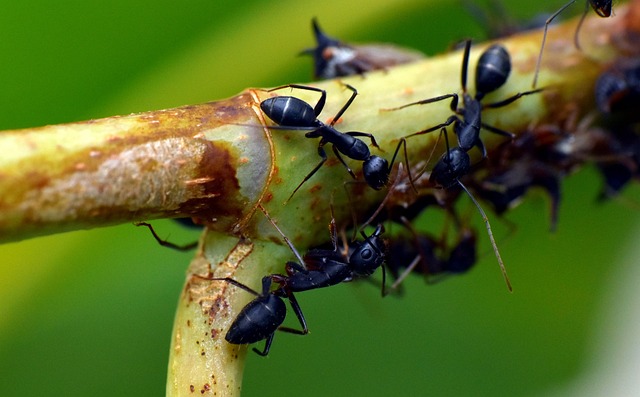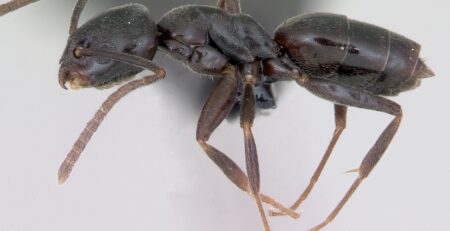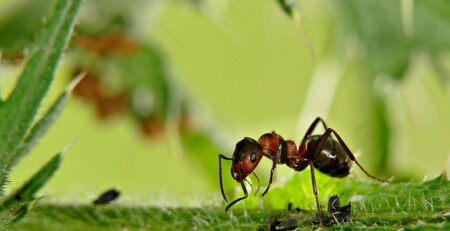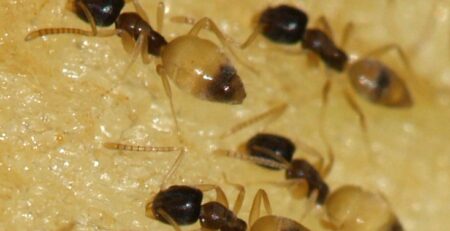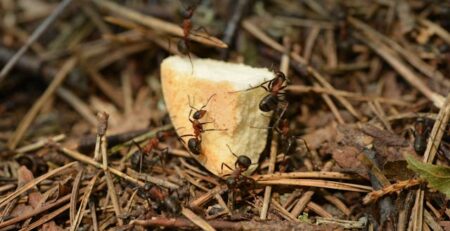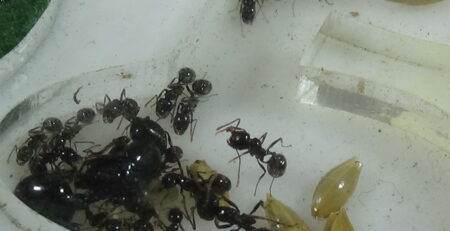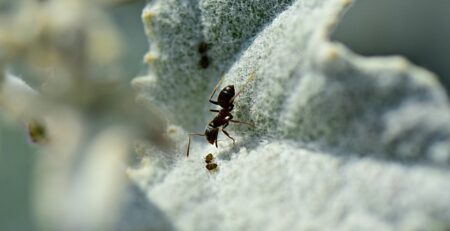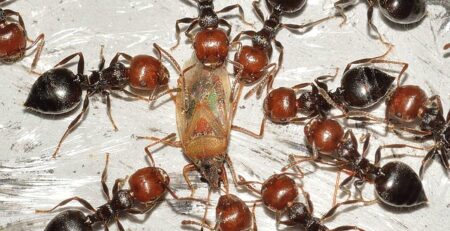Can ants survive without a colony?
Can Ants Survive Without a Colony? The Fascinating World of Solitary Ants
Ants are fascinating creatures known for their highly organized and social behavior. They live in large colonies, with every individual playing a crucial role in the survival and success of the group. However, have you ever wondered if ants can survive without a colony? In this article, we will dive into the world of solitary ants and explore their unique characteristics and survival strategies.
What are Solitary Ants?
Solitary ants, also known as lone ants, are ant species that do not live in large colonies. They are either entirely independent or live in small groups with only a few individuals. These ants are found in various environments, from deserts to forests, and exhibit a wide range of intriguing behaviours.
Survival Strategies of Solitary Ants:
While living alone may seem disadvantageous, solitary ants have developed some remarkable survival strategies that allow them to thrive without the support of a large colony. Let’s take a look at some of these strategies.
1. Superior Hunting Skills:
One of the most crucial survival strategies of solitary ants is their excellent hunting skills. These ants have evolved to be efficient and effective hunters, able to capture and subdue their prey on their own. Some solitary ant species even have specialized hunting techniques, such as trap-jaw ants, which can snap their mandibles shut at lightning-fast speeds to catch their prey.
2. Self-Protection:
In a colony, ants have strong defenses against predators, such as group foraging and multiple eyes and antennae detecting potential threats. However, solitary ants have to rely on themselves for protection. As a result, they have developed various physical defenses, such as stingers, and chemical defenses, such as venom, to defend themselves from predators.
3. Unique Nests:
Unlike the elaborate and organized nests of colony ants, solitary ants have unique and often temporary nests. Some species build their nests in the ground, while others use their natural surroundings, such as leaves or twigs, to construct a shelter. This adaptability allows them to move and relocate if necessary, providing them with a better chance of survival.
4. Adaptability:
Solitary ants have evolved to be highly adaptable to their environments. They can thrive in a wide range of habitats, from deserts to rainforests. Some species can even tolerate extreme temperatures, making them resilient against harsh environmental conditions.
Can Ants Survive Without a Colony?
While solitary ants exhibit remarkable survival strategies, they are still vulnerable without the protection and support of a colony. Most solitary ant species have a shorter lifespan compared to colony ants, and their population sizes are smaller. They also do not have specialized individuals, such as workers or soldiers, to assist in essential tasks, such as caring for the young or defending the nest.
Conclusion:
In conclusion, while solitary ants have developed ways to survive on their own, they are not as successful and long-lived as colony ants. The social behaviors and cooperation of colony ants are crucial for their survival and success. However, the world of solitary ants is a fascinating one, and their unique characteristics and survival strategies continue to amaze and intrigue scientists and nature enthusiasts alike.

